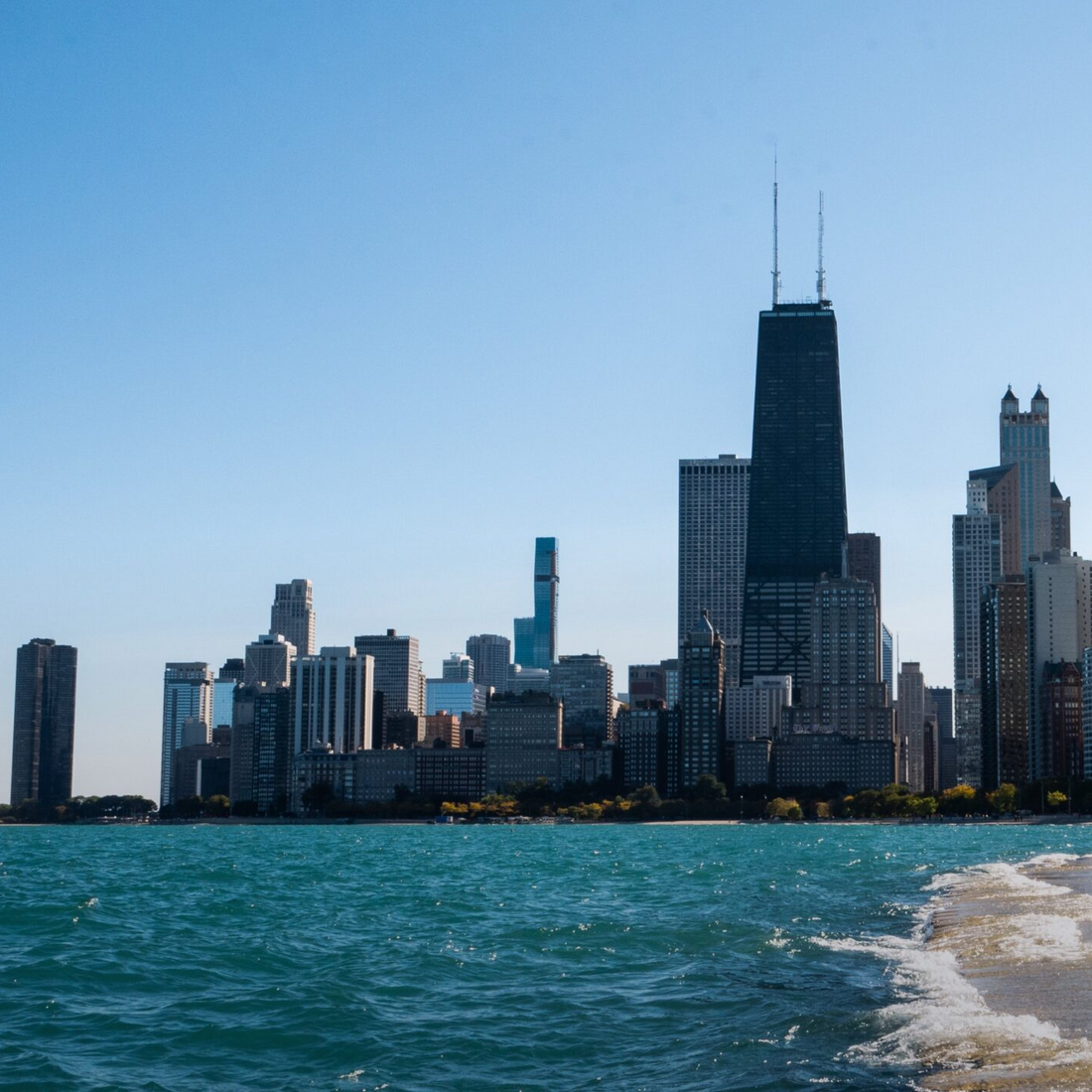Can we let you in on a secret? It’s the water

Our secret isn't how it's made, but where it's made
"What's your secret to the best tasting Chicago stuffed deep dish pizza?" We've been asked that question countless times over the years, and we believe it boils down to three things: decades of experience, secret family recipes, and believe it or not: the Chicago water.
Chicagoland water impacts the flavor of food from the region
Chicago's water contributes greatly to the distinct flavor and texture of the pizza crust found in every Chicago-style Rupiani's pizza. The mineral content and pH level of water in Chicago is higher compared to other regions, which affects the taste, texture, and overall quality of the dough. Let's explore the mineral content and pH level further.
Mineral content:
Chicago's tap water contains a specific balance of minerals like calcium and magnesium, which can affect the texture and flavor of dough. These minerals interact with the proteins in flour, influencing the dough's elasticity and chewiness. This is particularly important for pizza crusts and bagels, where the right texture is key to an authentic experience.
Water pH level:
The pH level of water can impact yeast activity and fermentation, both crucial for bread and pizza dough. Chicago water's pH level is balanced in a way that promotes optimal yeast fermentation, resulting in better rise and flavor development. This contributes to the unique taste of Chicago-style pizza dough.
Can You Replicate It at Home?
For those trying to replicate Chicago-style pizza at home, using bottled water with similar mineral content and pH level to Chicago’s tap water can help. Some bakers even go as far as filtering their water to achieve the desired properties. However, achieving the exact flavor profile is nearly impossible due to the many variables involved in baking, which is a big reason why Rupiani's pizzas are so sought-after by those seeking authentic Chicago flavor.